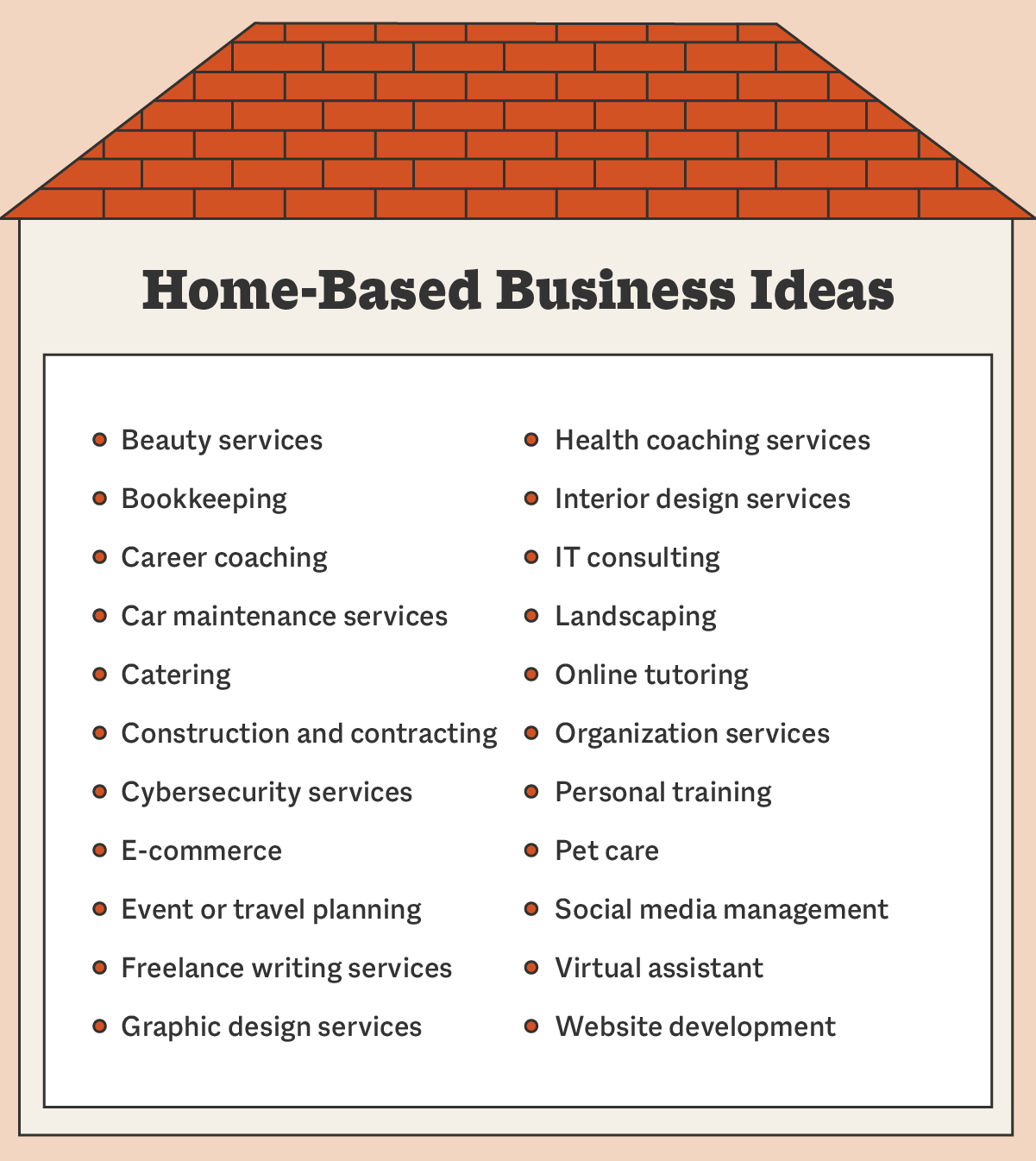Four changes that would help home-based businesses – Page 2 of 2 – StartupSmart
3. A mentorship strategy
Working from home can be a taxing, isolating experience. Of course, there are upsides, too – you get to be your own boss and set your own schedule.
But this solo journey can leave home-based entrepreneurs without proper mentorship. Without the time to go out and make new contacts, or to bring in fresh blood to the business, soloists can struggle to get a diverse set of ideas.
Ventures such as Co-Founder Speed Date and the numerous online forums that link businesses are helping the isolated to reach out, but more needs to be done.
How about a national program of mentorship that links soloists to experienced business leaders? Rather than require participants to go to a Business Enterprise Centre or call the small business hotline, it could be tailored to their needs, meeting in neutral locations or in more formalised group settings.
4. Help with growing pains
Adelaide-based entrepreneur Sue McKay made a sensible choice when launching her administrative assistance firm Kick It To Me in 2005 – she based the business at home.
But when she expanded the brand to cover various other areas – from an online op shop to an accommodation service – she found that her business had suddenly taken over her home.
“The home office had become jam-packed and the accommodation business needed space for linen and the breakfast goods,” she told StartupSmart last year.
“We used the spare bedroom and then gradually filled the rest of the house. The washing machine was on non-stop and I’d have to do ironing at night in front of the TV.”
“The op shop took up the second bedroom, meaning that four rooms of the house were taken up by the business.”
“As much as I loved the business, I started resenting it. I realise that I couldn’t grow the business without getting premises. I just couldn’t cope with linen baskets being on the dining room table all the time.”
Fortunately, McKay managed to find the right office space for the business, while retaining some of the home-based activity that appealed to her in the first place.
But it is often a big leap for soloists to take. You’re moving from your spare room to signing a lease that commits you to commercial rents.
A halfway house of a co-working space can be the best way to manage this change. There are now a number of such communal spaces, such as The Hub in Melbourne and Fishburners in Sydney. But there needs to be more in order to cover the wide spread of home-working entrepreneurs.

